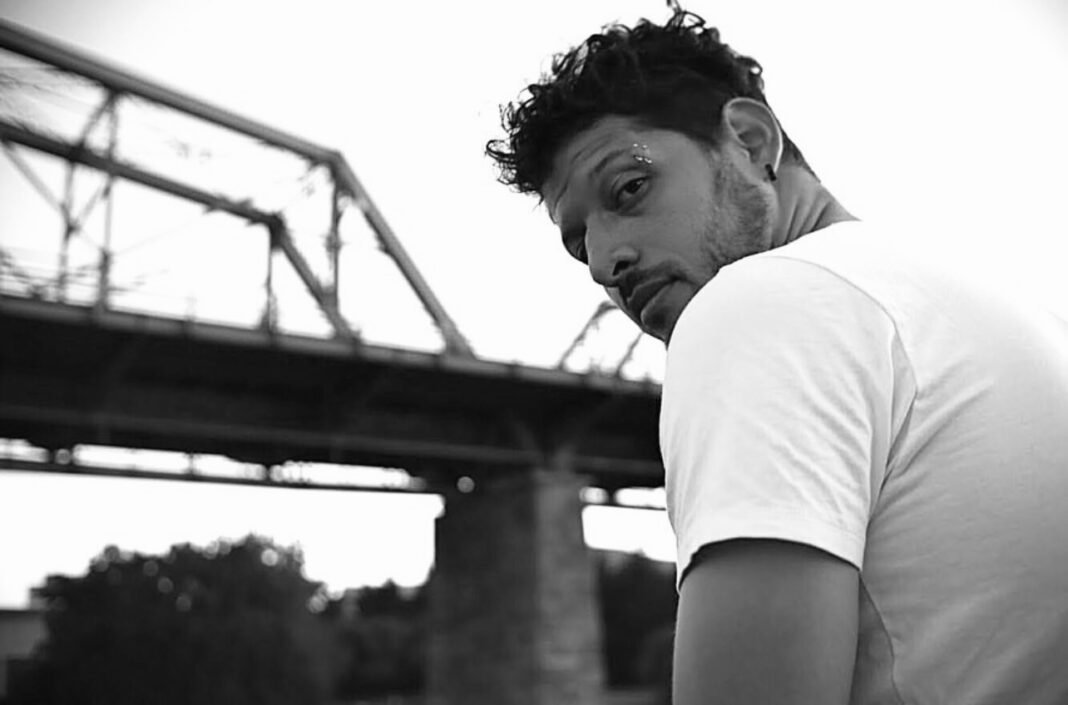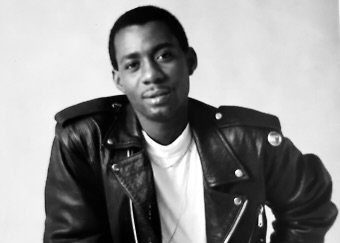Haiti Music – Johann Dore, better known as Yohann, once electrified audiences in Haiti with his groundbreaking project Ayiti Rock, a bold attempt to carve out a space for rock music in a country where konpa reigns supreme. More than a decade ago, he seemed poised to become Haiti’s next musical export—an artist whose blend of passion, grit, and raw talent could bring a new dimension to the nation’s musical identity. Today, however, the question many music lovers are asking is simple: Where is Johann Dore now, and what happened to his career?
The Rise of Yohann and Ayiti Rock
In 2009, Yohann founded Ayiti Rock, a five-member band that quickly made a name for itself on the Haitian live music scene. Alongside Kenrick Pierre (keyboards), Zacharie Andre (bass), James Dumornay (percussions), and Wendy Noncent (drums), Yohann brought a new sound to Port-au-Prince—fusing the intensity of alternative rock with lyrics drawn from the Haitian experience.
Influenced by international acts such as Linkin Park and Breaking Benjamin, Yohann’s music stood apart from the mainstream. His debut album, “Ayiti Men Rock,” released online in 2011, featured tracks like Nou Fini (“We’re Done”), Ak Raj (“With Rage”), and Rèv Si Dou (“Sweet Dream”), songs that resonated with both Haitian youth and an emerging international audience.
By June 2012, Ayiti Rock was filling venues like the Karibe Convention Center, where fans experienced the band’s official album release concert. The show included guest performances from Haitian stars such as JPerry, Wanito, and T-Ansyto, as well as Dominican rock group Futuros Divorciados. For many, this night was proof that rock could find its place in Haiti’s cultural landscape.
Staying True to His Vision
What made Yohann stand out was his refusal to compromise. In an era when many young musicians turned to konpa, dancehall, or commercial pop to gain quick recognition, Yohann remained faithful to the rock genre that inspired him. He described rock as the music that moved him “in a very special way,” and his songs often carried deeply personal lyrics, reflecting struggles, emotions, and lived experiences.
This commitment made Yohann something of a pioneer. Haiti had seen rock-inspired acts before, but few had attempted to build a sustainable band around the genre. Yohann and Ayiti Rock were not just dabbling in a foreign style; they were reimagining what Haitian music could sound like.
The Silence That Followed
Yet, as Haiti’s political and social crises deepened over the past decade, Yohann’s career seemed to stall. The dream of taking Ayiti Rock to an international stage collided with the reality of instability at home: limited opportunities, economic challenges, and the constant turmoil of a country in crisis. For a genre that required infrastructure, steady venues, and audience growth, Haiti’s environment made it nearly impossible for rock to flourish.
By the mid-2010s, Ayiti Rock had largely disappeared from the spotlight. The once-promising band that had gained traction online and inspired a new generation of Haitian rock fans seemed to fade, leaving supporters wondering what might have been.
Where Is Johann Dore Now?
Though Yohann has stepped away from the frontlines of Haiti’s music scene, he has not disappeared completely. Sources close to the artist suggest he has remained connected to music, writing, composing, and experimenting outside the public eye. Like many Haitian artists, he may be navigating life abroad, balancing personal responsibilities with his passion for art.
What is clear is that Johann Dore remains a respected figure among those who witnessed his early rise. His brief but impactful chapter in Haitian music history left an imprint: he showed that rock could not only exist but thrive, even if for a fleeting moment, in Haiti.
A Pioneer’s Legacy
In the story of modern Haitian music, Yohann holds a unique place. He proved that following one’s passion, even against the current of popular taste, can inspire others to broaden their horizons. Today, as Haiti continues to struggle with political instability and violence, the space for creative risk-taking has shrunk, but the memory of Yohann’s bold vision endures.
Whether he chooses to return to the stage or remain behind the scenes, Johann Dore’s legacy as Haiti’s rocker-pioneer remains intact. For fans who once shouted “Ayiti Men Rock!” at the Karibe Convention Center, the hope is that someday, Yohann will pick up his guitar once more and remind Haiti of the power of rock and roll.



